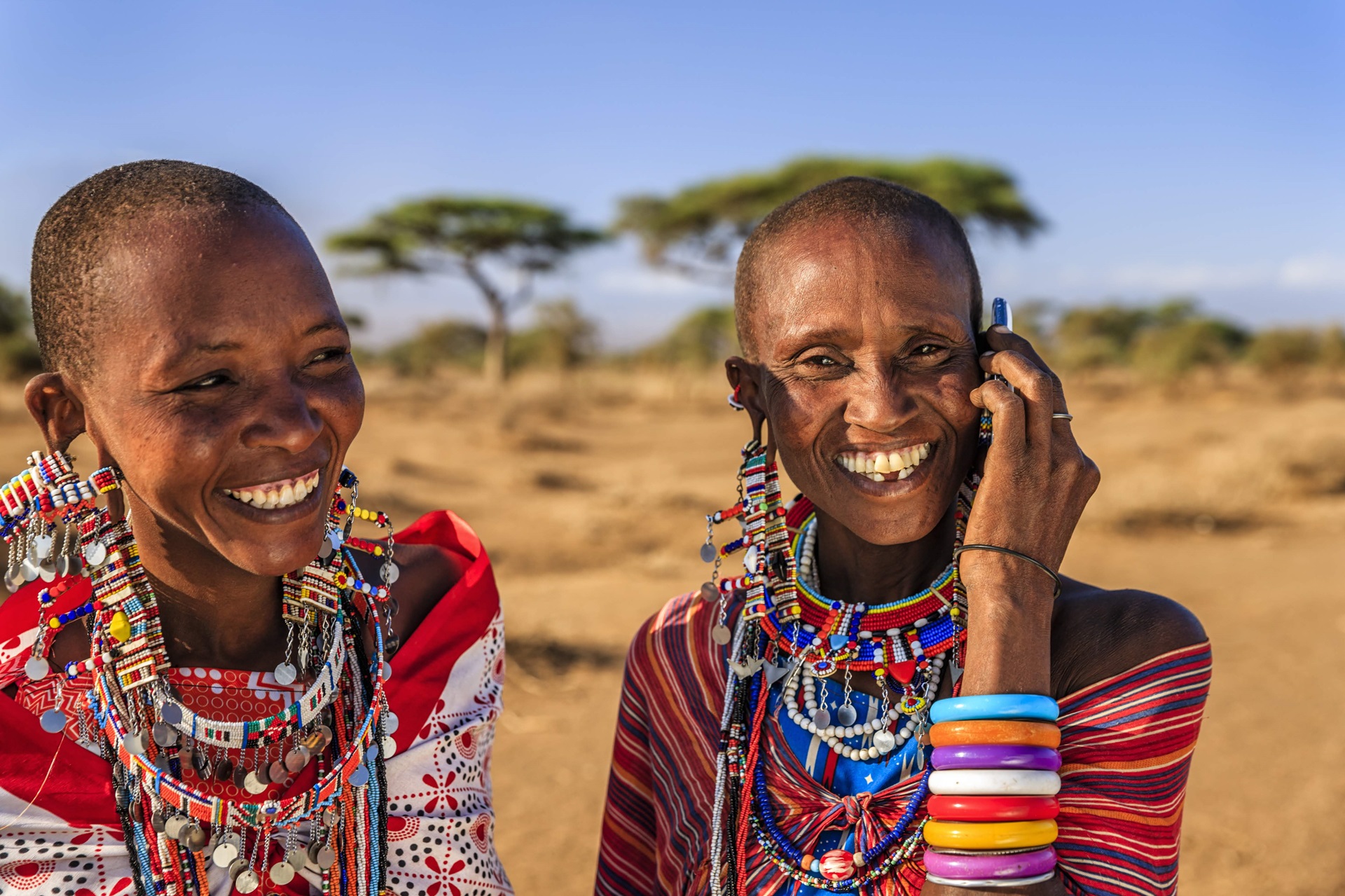Vaccine safety communication
To develop vaccine safety communication plans at country level to promote awareness of vaccine risks and benefits, understand perceptions of risk, and prepare for managing any adverse events and concerns about vaccine safety promptly
- explaining properly the benefits and risks of a recommended vaccine;
- addressing public concerns and upcoming or persistent rumours about vaccine safety;
- preparing to address vaccine safety crises if and when they occur.
Effective communication is an ongoing process that involves all stakeholders. The communication strategy of the Pharmacovigilance team promotes the development and strengthening of continuing communication about important vaccine safety issues (whether local or international) between local communities, health-care workers and decision-makers.
Vaccine safety crises are rare and most are not related to problems with vaccine products. However, unfounded or not, such crises have the potential to disrupt immunization activities, and thereby affect public health. Our Team's strategy aims to strengthen national abilities to address public concerns about vaccine safety in a clear, factual and timely manner.

Workshop: Value of social media and other online listening posts in Pharmacovigilance
A hybrid meeting was planned in Geneva, on the margins of the UMC Board meeting in September 2023, to consider expanding the use of various social media and other online sources of information used during the pandemic and discuss if and how these sources could complement routine pharmacovigilance work and serve as platforms for optimizing safety communication.
The meeting report as well as the questions of the participants in the chat box are available.
